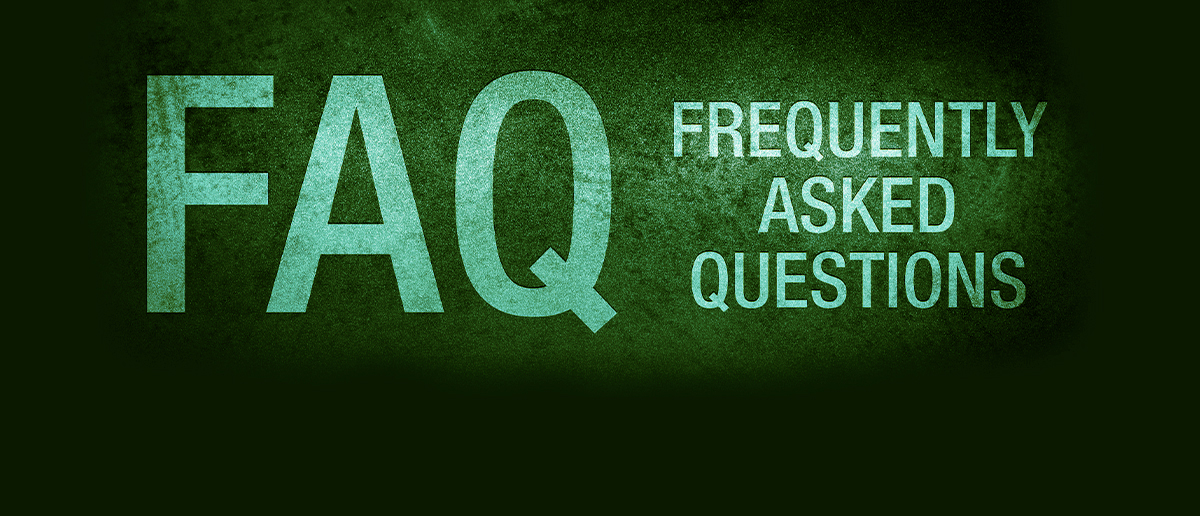Frequently Asked Questions
Got questions? We’ve got you covered! Check out our FAQs for quick answers and helpful tips.
- Financial Literacy Questions
- About Fort Bragg Federal Credit Union
- Account Questions
- ATM Questions
- Certificates of Deposit Questions
- Checking Questions
- Debit Card Questions
- General Product and Service Questions
- Home Banking Questions
- Loan and Credit Questions
- Miscellaneous Questions
- Roth IRA Questions
- Security Questions
To establish good credit, you can start by opening a secured credit account, such as a Savings or Certificate of Deposit secured loan, or a Secured Visa® Credit Card. Make all payments on time, as your payment history is the most important factor in your credit score. Consistent, responsible use over time is the key to building strong credit. Click here to read more about establishing good credit.
Cosigners lend their names and good credit histories to the maker. Should the maker die, lose a job, or otherwise fail to make payments, all responsibility for meeting the terms of the loan transfers to the cosigner. An often-overlooked aspect of cosigning a loan is the fact that the loan appears on both the maker's and cosigner's credit reports.
It might be tempting to view your 401(k) as a source of emergency funds, but before you dip into your retirement account for cash, explore alternatives. Click here to learn more about planning for retirement.
When deciding whether to buy or lease a car, consider both your finances and lifestyle. Ask about monthly payments, total cost, down payments, fees, insurance, and the car’s value at the end of a loan or lease. Think about your driving habits, including how many miles you drive annually and whether you want to customize the car. Consider how long you plan to keep the vehicle, whether you want ownership, and if you might want to trade in or sell it later. Also ask about lease-end options, maintenance, warranties, and how taxes differ between buying and leasing. Click here to use our Auto Buy or Lease calculator.
It’s a good idea to keep important financial and legal records for set periods of time. Tax returns and supporting documents should be kept at least three years, and in some cases up to six. Bank and credit card statements or pay stubs can usually be kept for about a year, unless they’re needed for taxes. Property records, including purchase documents and proof of improvements, should be kept for as long as you own the property and a few years after selling. Loan documents should be saved until the loan is paid off, while insurance policies should be kept as long as they’re active, with life insurance and legal documents like birth certificates, wills, and powers of attorney kept permanently. To stay organized and secure, store originals in a safe place, keep digital copies, and shred outdated records that contain personal information. For more information, refer to trusted sources such as the IRS, Federal Trade Commission, Consumer Financial Protection Bureau, or a professional accounting firm.








